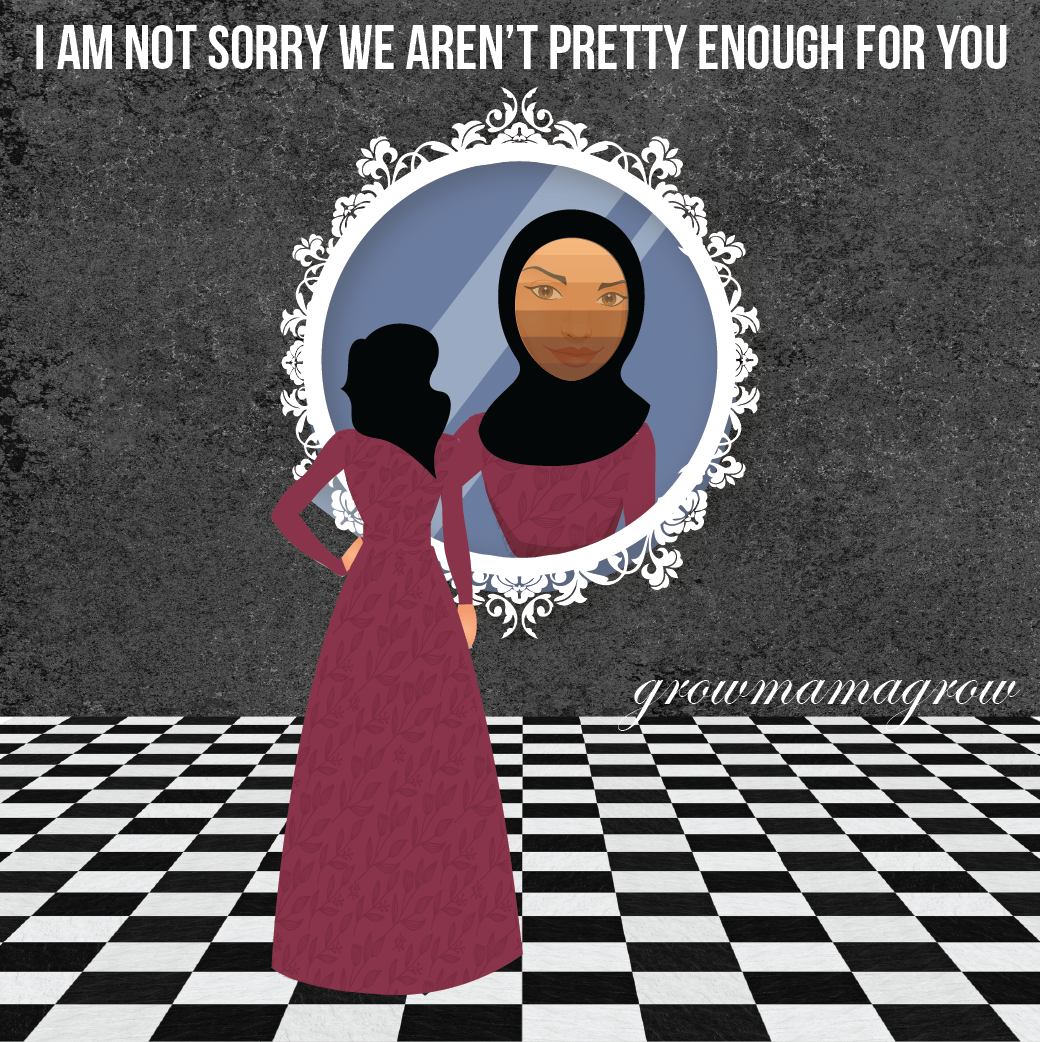Not a linguist myself, I come from a family of linguists. Perhaps that is why I appreciate the power of language not only in conveying information but in shaping one’s mind. Like all multi-lingual children, I grew up realizing that certain words in one of my languages did not have a translation or equivalent in another one. This conveyed to me not just a deficiency in vocabulary, but a void of ideas. That the Urdu word “nazar” has no English equivalent meant to me that it must be only South Asians who believe in the jinxing affect of an envious evil eye. That Hindi has no commonly used words for “thank you” or “please” meant to me that perhaps Indians weren’t so concerned about manners- though I realized later it’s that the culture demands manners and respect in deed, not simply in words. This is a commonly accepted linguistic phenomenon – that a culture will only create a word for concept it contains, and will not have words for concepts unknown to its people. The words we use and the languages we learn define our world.
The way we have been raising our daughter, we have not used a lot of “religious terms.” We don’t talk about barakah or hasanaat. We don’t talk about angels and good and bad deeds. We don’t even use the words Islam or Muslim a lot, partly because I don’t want her growing up thinking of the world as some sort of Muslim – non-Muslim dichotomy. We focus on the idea of tawhid – that Allah (swt) has created everything, is All-Knowing and All-Powerful, and out of gratefulness to Allah (I even try not to use a personal pronoun because using “He” confuses her) we strive to please Allah and follow Allah’s guidance. All the other things are simply means of conveying the same idea, means of simplifying the abstractions. They are secondary to the core message of Allah (swt) – who doesn’t need angels, books, or anything else to convey Islam or to judge us and hold us accountable.
I recently sat down with my daughter to explain some of the shorter surahs in the Qur’an in greater detail. When she was a bit younger, I would simply give her the gist of the meanings. Now that she is older, I’ve started to explain more of the terminology and specific words she is reciting. While reviewing surat al-Maun, I paused at the word “deen.” I realized that this was the first time I was to define this word for her. What I said at that point would very possibly stick with her for the rest of her life as the fundamental meaning of a term that is arguably one of the most important in my life. I couldn’t use “religion” because it’s not really accurate, and then I’d have to define that word too. I couldn’t just talk about Islam, because Allah (swt) talks about people who are not Muslims also having a “deen.” How could I convey this concept – a way of life that people choose to live by, one of which is Islam that has been described to us by Allah in the Qur’an and through the Prophet Muhammad (saws)? The way of life that determines our every action, our thoughts, behavior and relationships.
In the end, I asked Allah (swt) for guidance and I described it as just that, but in almost-4-year-old words. “Oh… okay!” she says. Does that mean she got it? Does that mean I explained it so much that she just stopped listening? Did she even listen at all? I suppose I did the best I could do. And then I think – perhaps she’ll come back to me in ten years and define it for me, based on her experiences, ideas, and connection to Allah (swt). She may just teach me a thing or two and change MY worldview… she already has!
Bhawana Kamil
Bhawana Kamil lives in Santa Clara, CA with her husband and daughter. She teaches Ethics at San Jose State University, and is the president of the Bay Area chapter of the Muslim American Society – but only on the side. Her real job is watching (and hopefully helping) her little girl grow up!











